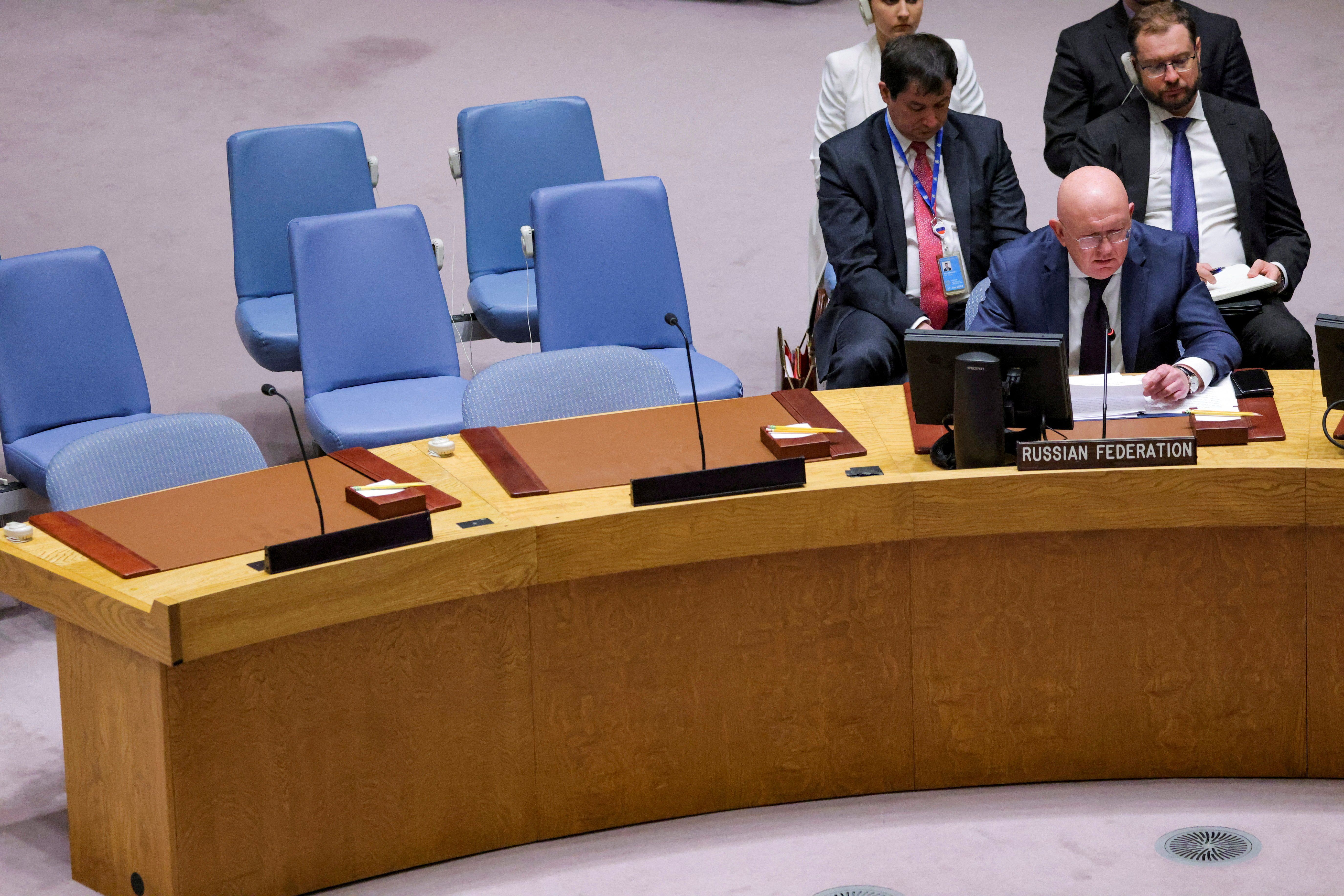Hard Numbers: Russia to helm Security Council, Sonko seized, Stubborn EU inflation, Australia vs. climate change
30: Russia is set to helm the UN Security Council as of April 1, a transition of power that Ukraine has dubbed "an April Fool's joke." The council's presidency rotates every 30 days. As president, Russia – and Putin, by extension – will have the ability to set the security council’s agenda. While there have been calls to boycott, Russia's Foreign Minister Sergei Lavrov is expected to chair the meeting in New York in April.
2: Senegalese opposition leader Ousmane Sonko received a 2-month suspended prison sentence on Thursday. He was found guilty of defaming Senegal's minister of tourism by accusing him of embezzlement. Sonko came in third in the last presidential election and is looking like a frontrunner ahead of the 2024 race. In an attempt to placate supporters who saw his arrest as politically motivated, authorities decided the sentence will not prevent Sonko from running for office.
7.8: Inflation in Germany remains stubbornly high, hitting 7.8% this month, despite drops in energy costs and easing economic pressures in the Eurozone. Meanwhile, Spain's annual inflation dropped by half, which sounds promising … but core consumer inflation (which excludes energy and food) remains just as high there as in Deutschland. The report comes on the heels of the European Central Bank raising interest rates by half a percentage point earlier this month.
30: Australia passed an emissions reduction bill on Thursday aimed at lowering greenhouse gas emissions by 30% by 2030. The bill, which uses a "safeguard mechanism" to target the most significant industrial polluters, represents some cooperation on environmental matters in a country where climate change has been a divisive political issue.
